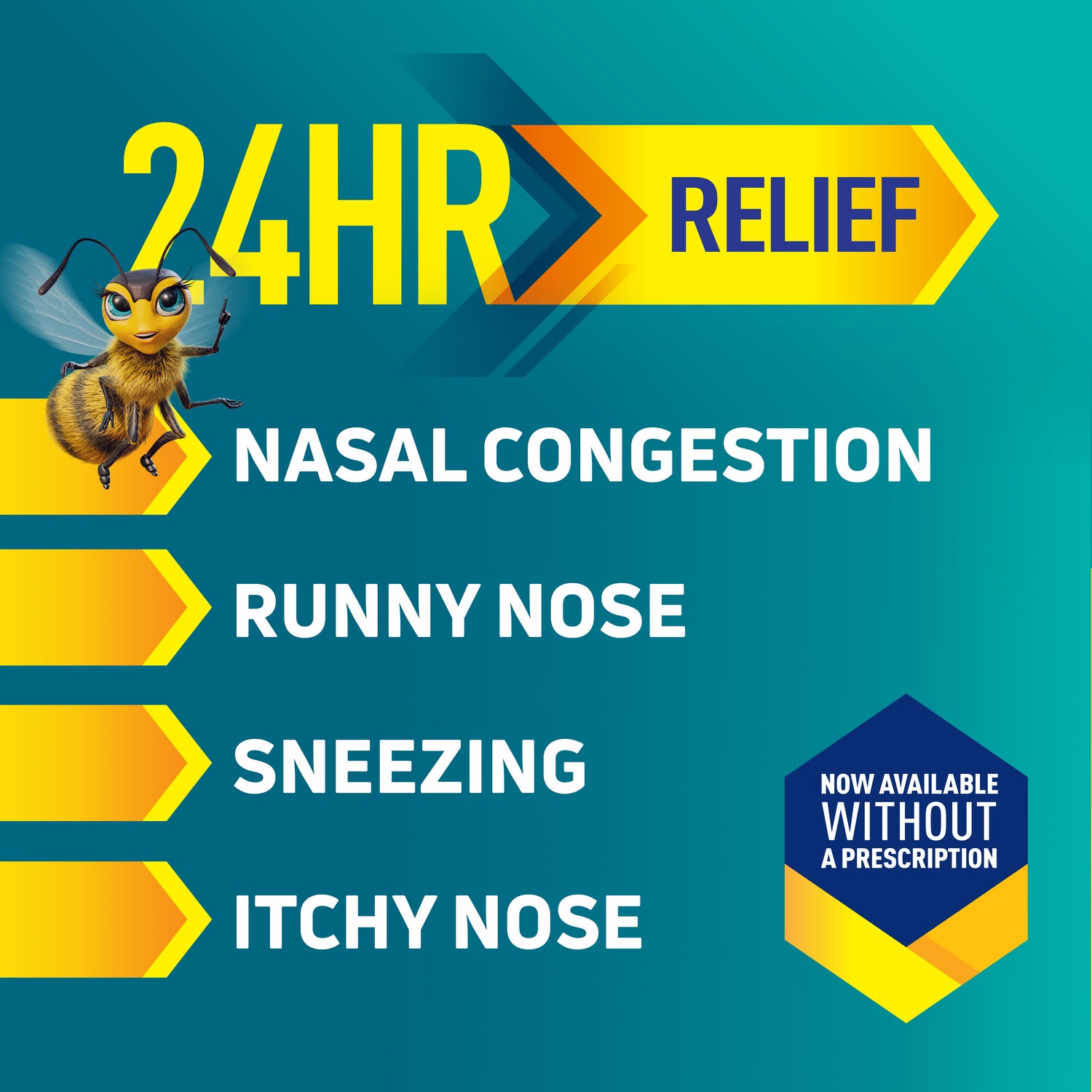Seasonal Allergies
Allergy “season” might not be just one time of year. In fact, mold and pollen are twin culprits in spring, summer, and fall. The timing depends on location and climate and what blooms when in your environment.
Mold happens outdoors around decaying plant material, such as leaf piles, old wood, and damp locations. Indoors, mold will grow anywhere it’s damp, like basements, kitchens, and bathrooms. Mold thrives in warm and humid conditions.
When mold spores are released into the air, we inhale them, sparking an allergic reaction in individuals with sensitive immune systems. Along with mold, pollen is a major source of seasonal allergies. Pollen comes from trees and grasses that mature in different seasons. They send pollen into the air as part of their reproduction cycles. For example, in the fall, ragweed is a big player in pollen production.(i)
Own Your Allergies
-
Learn exactly what causes your allergy symptoms so that you can better control your exposure. That may mean allergy testing at the doctor’s office. Pay attention to the flora and the weather around you, such as tracking reports about pollen and mold counts. Take steps to reduce your exposure.
• Clean out dead leaves and other plants material early in the spring before mold growth spreads;
• Keep windows and doors closed to prevent pollen and mold spores from entering your home;
• Use air conditioning;
• Shower and wash clothes after exposure to the outdoors;
• Consider using high efficiency filters on air conditioners and forced air furnaces;
• An air cleaner with a HEPA (high efficiency particulate air filter) is especially helpful in your bedroom.(ii)
Be Prepared
-
Call it allergies, hay fever or allergic rhinitis, your immune system’s over sensitivity to allergens can make you feel miserable, thanks to sneezing, nasal congestion and itching of the nose. Before the intensive spring or fall allergy season even starts, make sure you are ready. (iii)
Discuss your allergy medication regimen with your doctor, and schedule a visit with an allergy specialist if needed. Some doctors suggest starting allergy medicines just prior to the start of spring or fall allergy season. Over-the-counter options, available without a prescription at stores and online, include pills and nasal sprays.
Additional triggers include smoke from summer camp fires and winter fire places; insect bites, often in spring or summer; chlorine in pools can set off reactions for some people; ingredients of candy and other special holiday foods, pine Christmas trees and wreaths.(iv)

-
Sources
i, iii, iv American College of Allergy, Asthma & Immunology, “Seasonal Allergies,” website: https://acaai.org/allergies/allergic-conditions/seasonal-allergies/; reviewed Dec. 18, 2017; accessed May5, 2022
ii Mayo Clinic, “Seasonala llergies: Nip them in the bud,” website: https://www.mayoclinic.org/diseasesconditions/hay-fever/in-depth/seasonal-allergies/art-20048343;review April27, 2022; accessed May 6,2022

